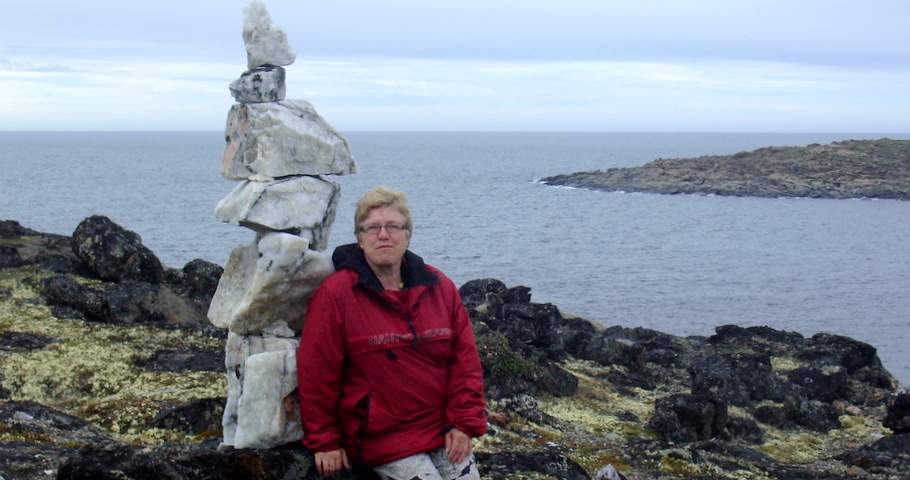Rapid changes have modified the Inuit nomadic way of life
The well-being of the Inuit, both physical and mental are a result of many factors including but not limited to the fact that rapid changes have modified the Inuit nomadic way of life over the past last 50-100 years.
I expect all my blog readers to be as curious as I am about the Inuit and their culture. Please share this interest with as many people as you can.
Two to three generations have passed since the Inuit in Canada were moved into permanent settlements; it is not considered a long enough time to change the ways of a people.
I expect all my blog readers to be as curious as I am about the Inuit and their culture. Please share this interest with as many people as you can.
Two to three generations have passed since the Inuit in Canada were moved into permanent settlements; it is not considered a long enough time to change the ways of a people.
The safety of the children
In the Nunavik communities, the mothers who have children have to work around the fact that they live in a house with 10-15 people and are viewed as responsible for the safety of their children. Think about it: how do you think raising children would evolve if we were to live in such a crowded space?
Various risks factors
In that context, there are various risks factors. The Inuit mothers meet challenges and difficulties associated with these circumstances. Inadequate living conditions as in overcrowding (12-15 people in a two-bedroom unit) fuel other social conditions. The domestic violence, the substantial alcohol abuse, the lack of employment opportunities and training all contribute to a heightened rate of depression, trauma symptoms and self-harm of mothers and children.
Challenging the “mother blaming” culture
 I want to challenge the “mother blaming” culture. Should we live in such circumstances, we would certainly experience a loss of control in our mothering, and supporting our children would appear difficult to do at best, and totally distressing at most. No Child Should Have to Take the Long Way Home is a grassroot initiative to help children in need of loving care, of a protective and stable environment to meet their basic needs in a safe house/respite home in their own community.
I want to challenge the “mother blaming” culture. Should we live in such circumstances, we would certainly experience a loss of control in our mothering, and supporting our children would appear difficult to do at best, and totally distressing at most. No Child Should Have to Take the Long Way Home is a grassroot initiative to help children in need of loving care, of a protective and stable environment to meet their basic needs in a safe house/respite home in their own community.






It has been well demonstrated that, when women commit to something, they hang on. It has been widely demonstrated that women learn quickly how to make things happen because they have a pioneer soul. In other countries of the world, there are entire villages depending on the women for schooling, land ownership and culture of vegetables on the land to feed their communities. Their strong sense of responsibility which traditionally socialised children to overcome egocentric concerns in the interest of group survival must be revitalized.
ReplyDelete